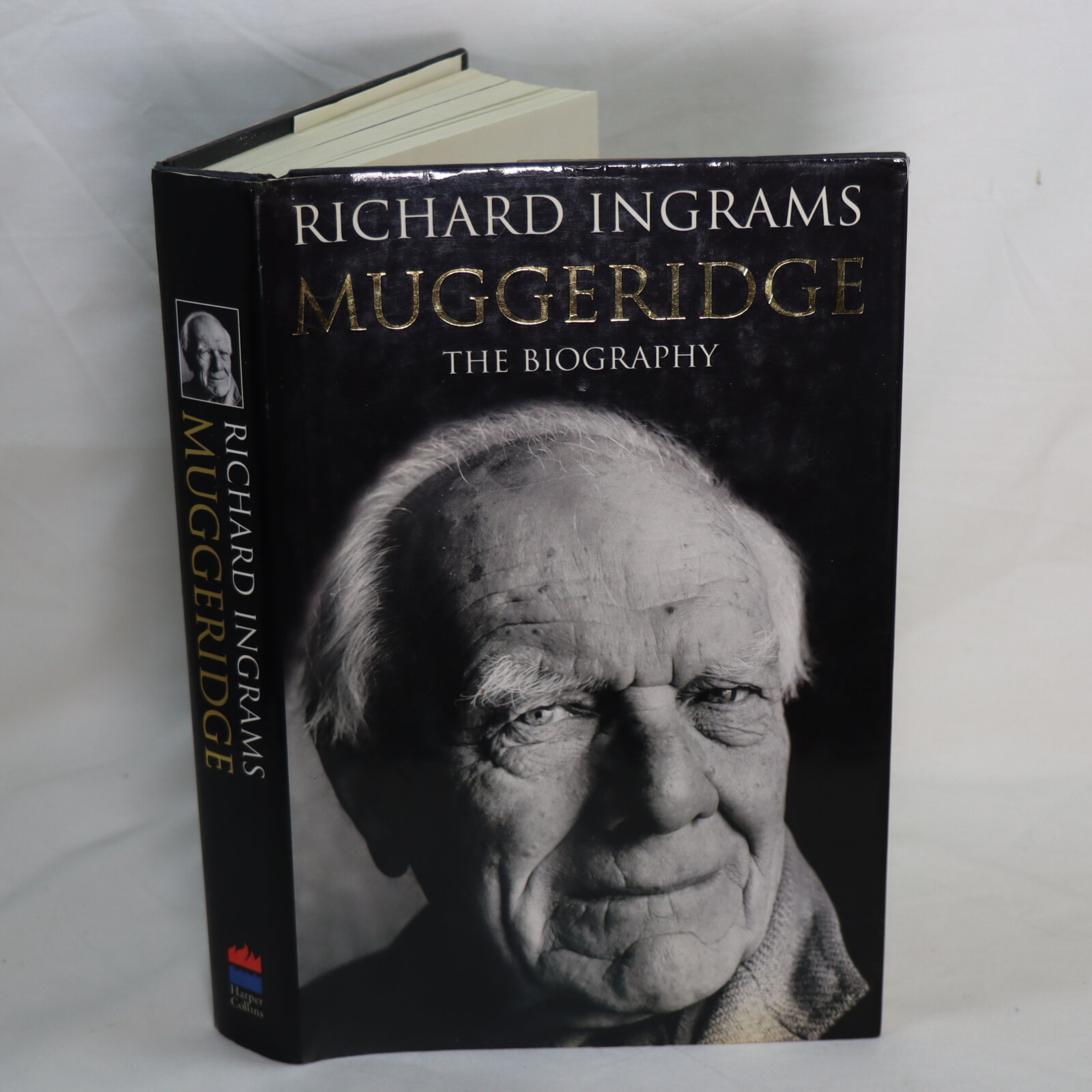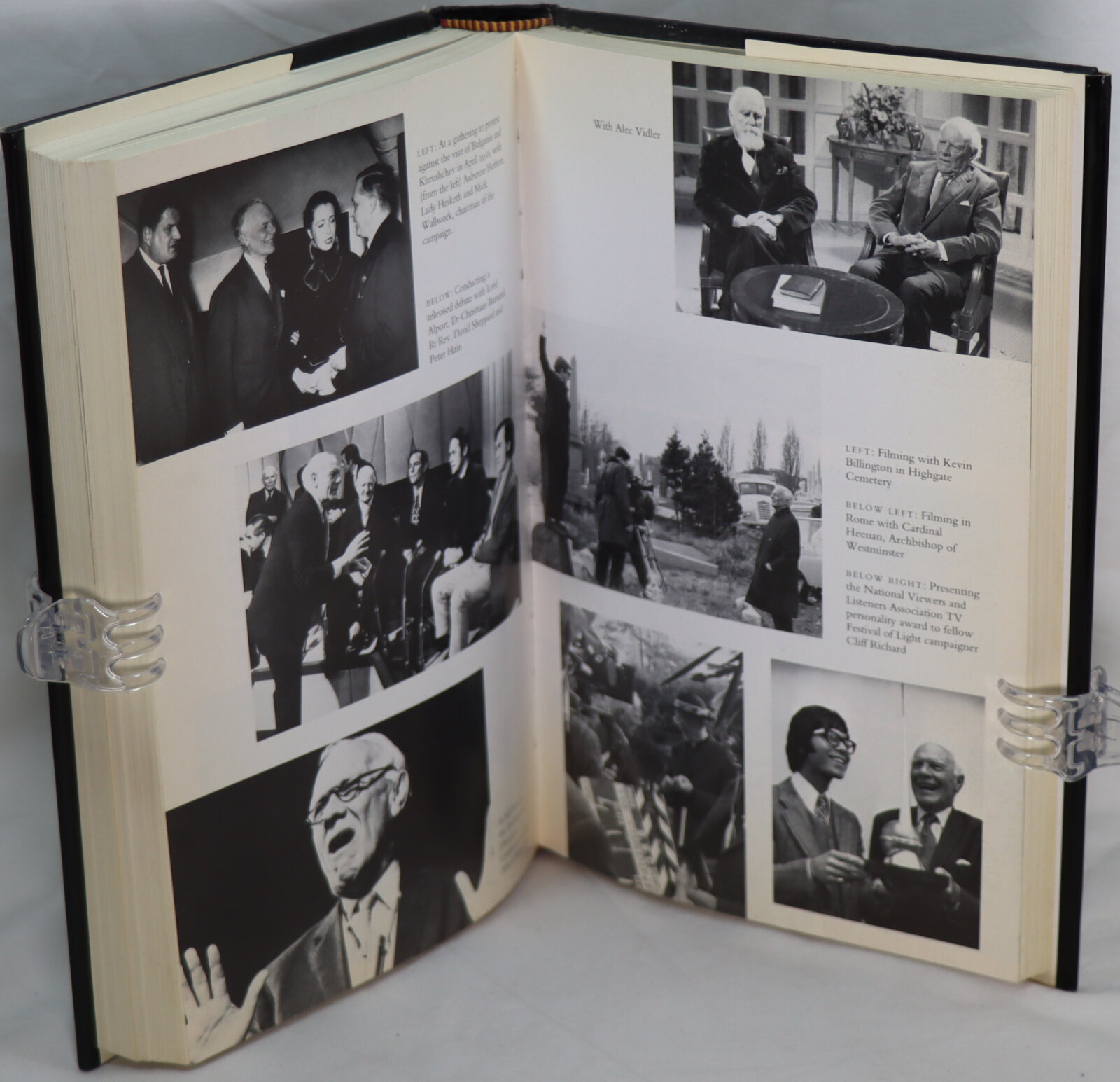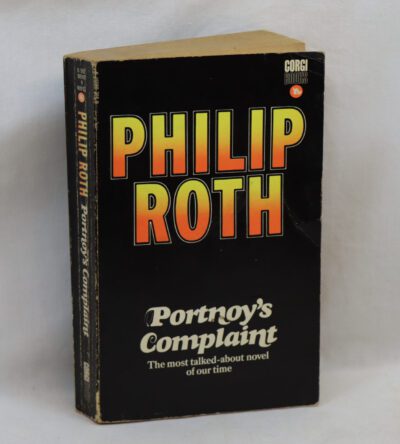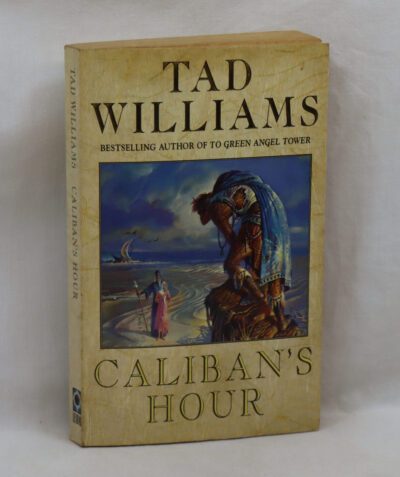Muggeridge. The Biography.
By Richard Ingrams
ISBN: 9780006384670
Printed: 1995
Publisher: Harper Collins. London
| Dimensions | 17 × 24 × 4 cm |
|---|---|
| Language |
Language: English
Size (cminches): 17 x 24 x 4
Condition: Fine (See explanation of ratings)
Item information
Description
In the original dustsheet. Black cloth binding with gilt title on the spine.
-
F.B.A. provides an in-depth photographic presentation of this item to stimulate your feeling and touch. More traditional book descriptions are immediately available.
“Panorama” frontman, deputy editor of the “Telegraph”, editor of “Punch”; a fervent socialist who was one of the first to open the West’s eyes to the horrors of Stalinism; a deeply religious man whose faith waxed and waned until he once more re-entered the Catholic church; Malcolm Muggeridge was one of the greatest commentators and personalities of post-war Britain, and his love of England, his deep feeling for English literature, his humour, his fierce independence of opinion and his deep suspicion of political messiahs make him an subject for a biography.
Thomas Malcolm Muggeridge (24 March 1903 – 14 November 1990) was an English journalist and satirist. His father, H. T. Muggeridge, was a socialist politician and one of the early Labour Party Members of Parliament (for Romford, in Essex). Malcolm’s brother Eric was one of the founders of Plan International. In his twenties, Muggeridge was attracted to communism and went to live in the Soviet Union in the 1930s, and the experience turned him into an anti-communist.
During World War II, he worked for the British government as a soldier and a spy, first in East Africa for two years and then in Paris. In the aftermath of the war, he converted to Christianity under the influence of Hugh Kingsmill and helped to bring Mother Teresa to popular attention in the West. He was also a critic of the sexual revolution and of drug use.
Muggeridge kept detailed diaries for much of his life, which were published in 1981 under the title Like It Was: The Diaries of Malcolm Muggeridge, and he developed them into two volumes of an uncompleted autobiography Chronicles of Wasted Time.
Want to know more about this item?

Related products
Share this Page with a friend











